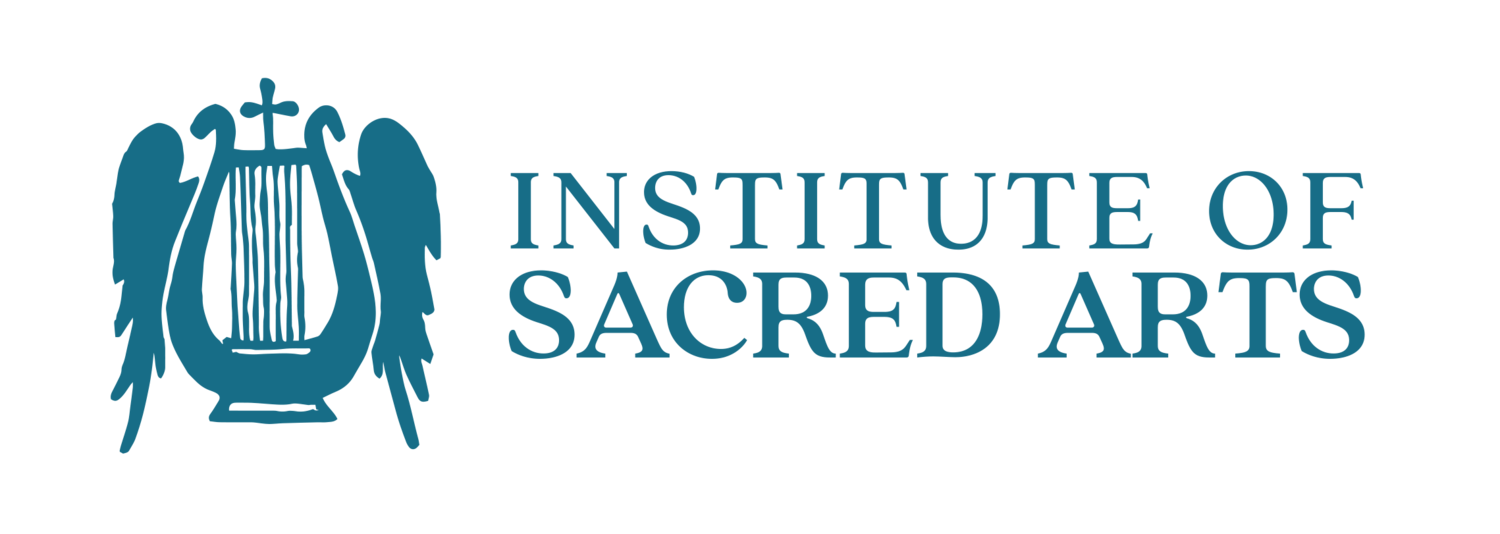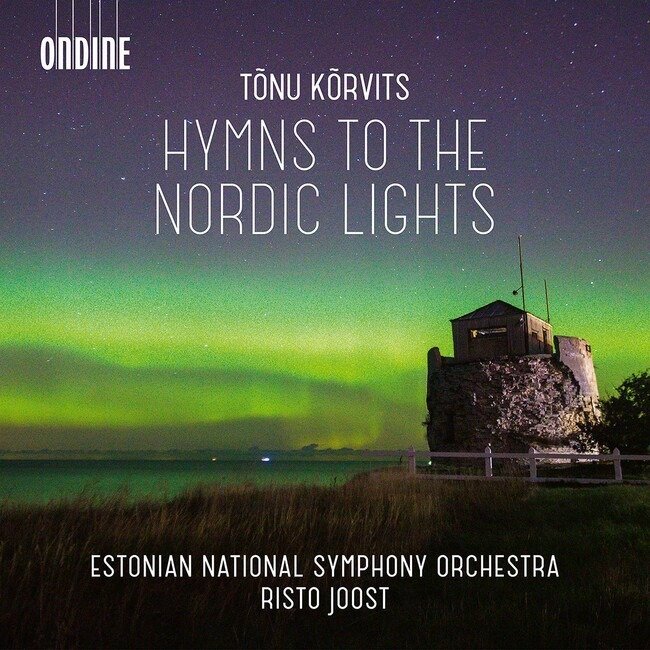Tõnu Kõrvits: Elegies to the Ethereal
This image, taken by our previous guest Kaupo Kikkas, expresses well the character of Estonian composer Tõnu Kõrvits, and his oeuvre. There is a seriousness to him as well as a playfulness that shines through his Estonian reserve. And what is that red stripe there at the top? A sudden flash, both controlled and penetrating.
Kõrvits’ many prizes and accolades are eminently deserved, but don’t do justice to the experience of hearing his work. Favoring orchestras, chamber ensembles, and choirs, his vast oeuvre (spanning songs, suites, and operas) also includes widely diverse instrumentation. There is a quality to all of it that is difficult to describe; it evokes the northern landscape — and the peculiar light — of his native Estonia and the Nordic lands that he loves as well. His work transports the listener to a place of reflection, a serenity not devoid of deep mystery. Blessed with a close association with world-class Estonian orchestral and vocal ensembles, Kõrvits’s work has been performed and recorded worldwide.
I met with Tõnu in the bustling corridors of the Estonian Academy of Music where he has taught for twenty-plus years, and we took refuge in a small practice room to record our conversation, which visits many subjects (including, somewhat inevitably, Radiohead…).
Three relatively recent albums are, to my mind, indispensable listening. Nordic Lights, Moorland Elegies (both on Ondine), and the ECM recording Mirror, featuring the cello virtuoso Anja Lechner.
The compositions you hear during our podcast are:
Peegeldused Tasasest Maast - from “Mirror”
Leaving Capris - from “Hymns to Nordic Lights”
Fall Leaves, Fall - from “Moorland Elegies”
Moonlight, Summer Moonlight - from “Moorland Elegies,” and
Tasase Maa Laul - from “Mirror”




